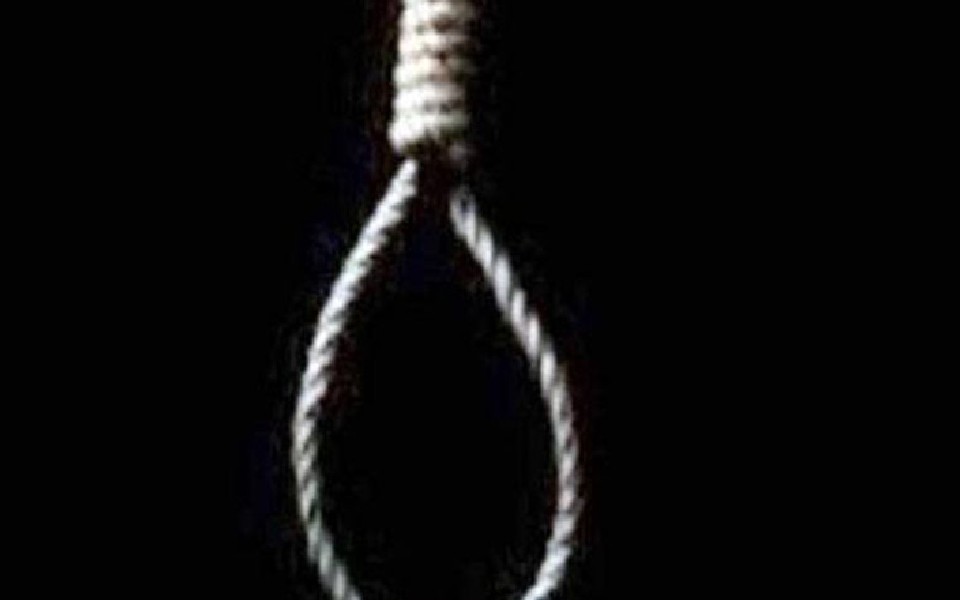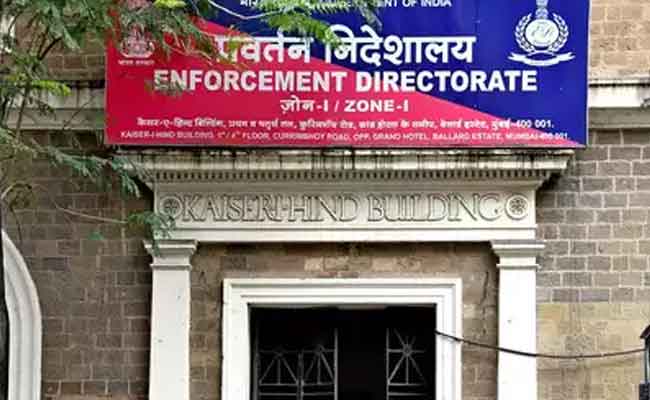New Delhi, Oct 23: A 21-year-old IIT Delhi student allegedly committed suicide by hanging from a ceiling fan in his hostel room, police said on Wednesday.
They said they have found no suicide note from the room but Kumar Yash, an M.Sc second year student from Jharkhand's Deoghar, was under psychiatric treatment and had visited the IIT Hospital on Tuesday as well.
"On Tuesday, at about 11 pm, a PCR call regarding a suicide by an IIT student in Aravali Hostel Room Number -- D57 -- was received. A staff was sent to the location immediately. The room was closed from inside but his friend and IIT staff broke the window to enter his room," a senior police officer said.
Kumar was found hanging using two towels. His friend and the institute's staff cut the towels and brought him down, said the officer.
"Kumar was taken to the Safdarjung Hospital in an IIT ambulance. He was declared brought dead by the doctors there. The body has been preserved in the mortuary. Family members of the deceased have been informed. The hostel room where deceased committed suicide has been inspected by a mobile crime team," he added.
According to the police, no suicide note was found there but as per Kumar's medical health report card, he was under psychiatric treatment and had visited the IIT Hospital on Tuesday as well.
"He was given treatment and has had an appointment with a psychiatrist on October 29. Statements of his friends have been recorded. No foul play has been suspected in this matter," said the officer, adding further inquest proceedings are underway.
Deputy Commissioner of Police (southwest) Surendra Choudhary said teams are procuring talking to the student's family members to get more details about him.
"We have already informed the family members of the victim and they will be in Delhi soon. We are procuring more details to know that what triggered him to take such extreme step. Our teams are also recording statements of his classmates," he said.
Teams will also check CCTV footage of the hostel to know that what time he went to the doctor and returned. We are investigating the entire case from every single aspects, the DCP said.
Meanwhile, IIT Delhi, in a statement, said that the institute is deeply saddened by the unfortunate and untimely demise of a second-year student of M.Sc. Cognitive Science, Department of Humanities and Social Sciences.
The Delhi Police is investigating the unfortunate incident that took place on the campus. We express our deepest condolences to the student's family and friends. The institute is doing everything it can to support his family in this hour of grief, read the statement.
IIT Delhi is fully committed to ensuring the mental and physical well-being of its students," a spokesperson of the institute said.
Let the Truth be known. If you read VB and like VB, please be a VB Supporter and Help us deliver the Truth to one and all.
New Delhi: Delhi University’s Standing Committee on Academic Affairs has sparked controversy by sending the psychology department’s syllabus back for revisions, recommending the removal of topics such as sexual orientation, caste, religious identity, and the elective paper “Psychology of Sexuality.”
The move is part of DU’s broader curriculum overhaul in alignment with the National Education Policy (NEP) framework, as reported by Hindustan Times on Tuesday. The psychology department has been asked to reconsider its syllabus and submit a revised version following deliberations on the committee’s recommendations.
One of the committee's primary suggestions is to completely rewrite the elective paper titled “Psychology of Peace” to incorporate examples from Indian epics such as the Mahabharata.
The standing committee has also expressed objections to the inclusion of discussions on contemporary conflict zones like the Israel-Palestine issue, Kashmir, and India’s North-East. Instead, it suggested that students focus on teachings from the Mahabharata and the Bhagavad Gita to understand concepts of peace and conflict resolution.
A person familiar with the standing committee’s recommendations said another paper, “Relationship Science,” has also been flagged for revision. “We’ve been asked to replace content on nuclear and alternative families with discussions of joint families, and to include more Indian family system literature. The section on dating apps and modern love must be re-examined,” HT quoted the person as saying.
A faculty member from the psychology department, speaking on the condition of anonymity, expressed concerns about the proposed changes, particularly the removal of topics related to discrimination and minority issues, noting, “We are being asked to eliminate topics on discrimination and minorities, even though these are pressing realities for many students and communities. How can psychology ignore negative experiences when it is fundamentally the study of human behaviour?”
Several faculty members have raised questions regarding the rationale behind the recommendations, and discussions are expected to continue in the upcoming academic council meeting scheduled for May 10.





